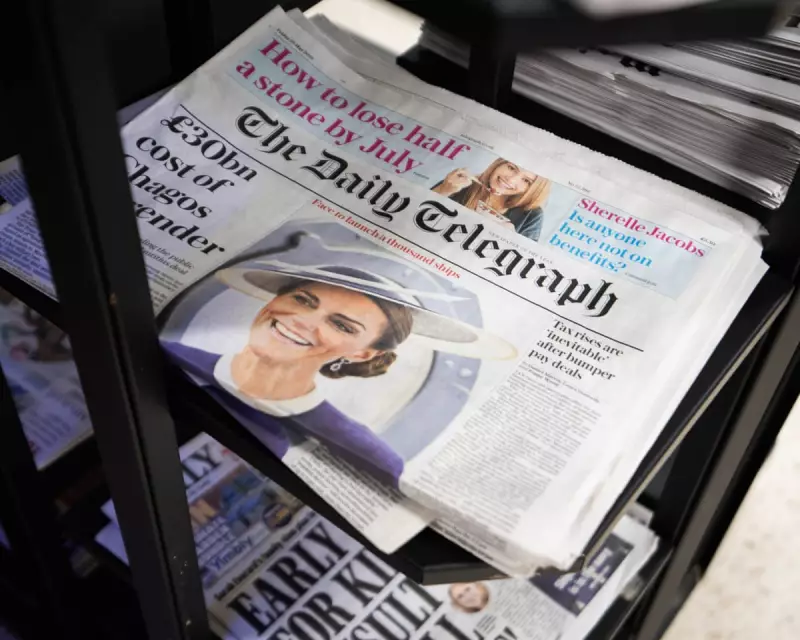
The impending sale of The Daily Telegraph has sent shockwaves through Westminster, raising fundamental questions about the future of conservative media in Britain. As Lisa Nandy observes, this isn't merely a business transaction—it's a potential watershed moment for the newspaper long regarded as the 'Tory Bible'.
A Broken Covenant
For generations, The Telegraph didn't just report on Conservative politics; it helped shape them. The relationship was symbiotic, with the newspaper acting as both cheerleader and conscience for the party. Today, that covenant appears broken, with the publication increasingly resembling what one former editor called 'a mouthpiece for the weird'.
The Buyers and Their Motives
The bidding war reveals much about modern media dynamics. RedBird IMI, a fund with substantial Abu Dhabi backing, stands as frontrunner—a development that would have been unthinkable in the Telegraph's heyday. This foreign investment highlights both the newspaper's financial vulnerability and the changing nature of media ownership.
Beyond Conservative Circles
The significance of this sale extends far beyond Tory faithful. As Nandy argues, a strong, independent media matters to everyone—from trade unionists to business leaders, environmental campaigners to community organisers. When institutions like The Telegraph falter, the democratic discourse suffers for all.
A Media Landscape in Flux
The Telegraph's predicament reflects broader challenges facing traditional media. The digital revolution has dismantled old business models while social media algorithms favour outrage over nuance. In this environment, even established titles struggle to maintain their identity and influence.
Looking Forward
Whatever the outcome of the sale, The Telegraph's future role remains uncertain. Can it reclaim its position as a serious voice in British politics, or will it continue its drift toward reactionary commentary? The answer will say much about the health of both conservative politics and quality journalism in Britain.





